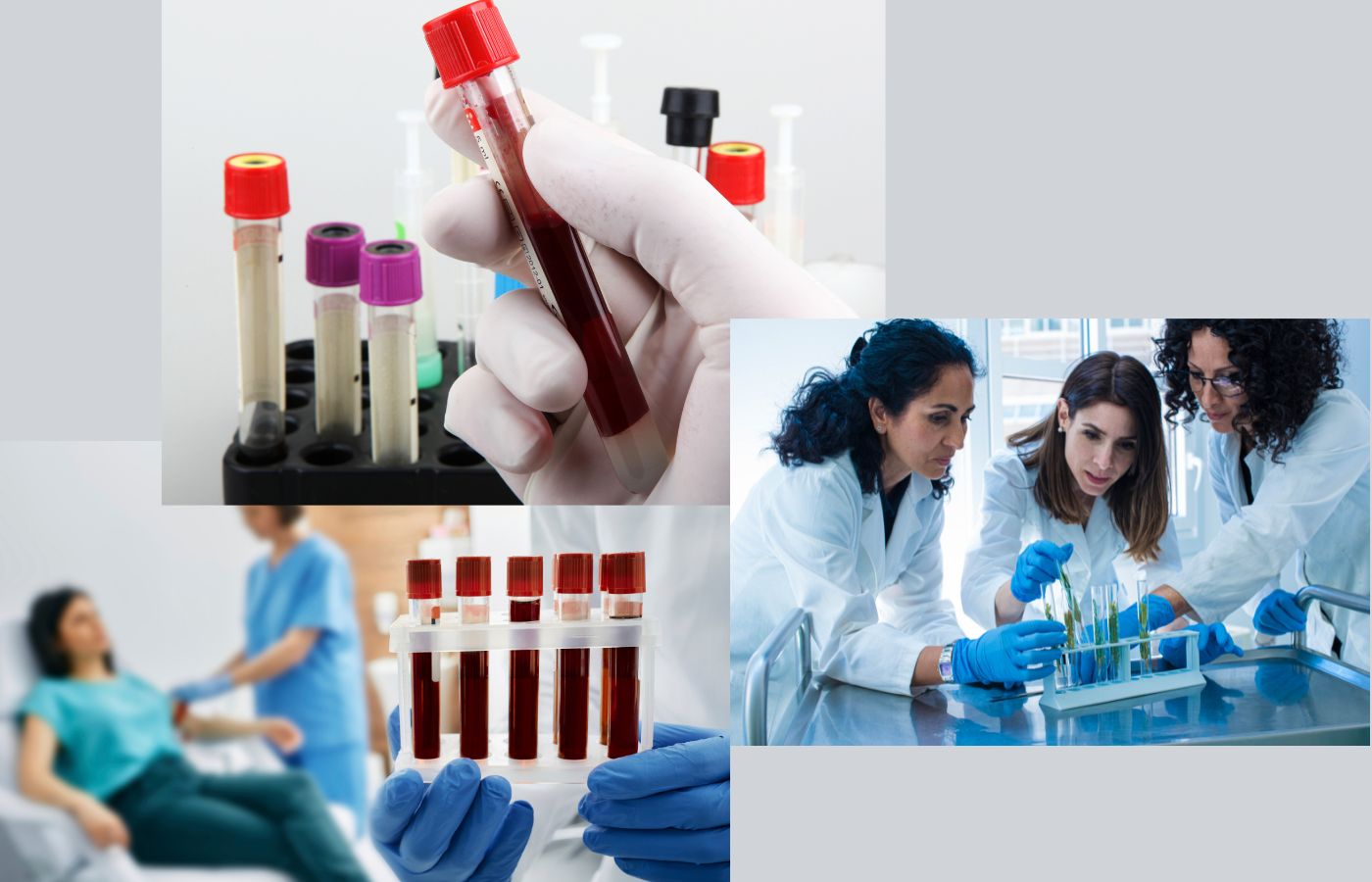
A haemogram test is one of the most commonly performed blood tests that provides a detailed analysis of the blood components. It helps doctors diagnose various health conditions, monitor diseases, and assess overall health. The test is often referred to as a Complete Hemogram Test or CBC Count Test and is performed at various pathology labs. If you are looking for a blood test lab near me , this guide will help you understand everything about the haemogram test, its importance, and the parameters included in the report.
A haemogram test is a comprehensive blood test that evaluates different components of blood, including red blood cells, white blood cells, and platelets. It helps in diagnosing infections, anemia, clotting disorders, and even some types of cancers. The test is often included in routine health check-ups or prescribed when a patient experiences symptoms such as fatigue, fever, bleeding, or unexplained bruising.
The complete hemogram test is an essential diagnostic tool used in general health assessments and disease monitoring. Many people search for a lab near me for blood test to get this important test done quickly and accurately.
A haemogram test is performed for various medical reasons, including:
If you are experiencing fatigue, recurrent infections, or other unexplained symptoms, visiting pathlabs near me for a haemogram test can help in early diagnosis and treatment.
The CBC count test or haemogram test measures multiple blood parameters, which include:
1. Red Blood Cell (RBC) ParametersThese parameters help diagnose anemia, dehydration, and other red blood cell disorders.
2. White Blood Cell (WBC) ParametersA high or low WBC count can indicate infections, immune disorders, or leukemia.
3. Platelet ParametersAbnormal platelet levels can indicate clotting disorders, infections, or bone marrow diseases.
A CBC count test is a simple blood test that requires drawing a small sample of blood from a vein, usually in the arm. The procedure is quick and relatively painless. If you are looking for a lab near me for blood test, ensure that the pathology lab follows standard procedures for accurate results.
After performing the test, the lab will provide a detailed report with numerical values for each parameter. A doctor will interpret these values and determine if they fall within the normal range. If any abnormalities are detected, further tests may be required for accurate diagnosis.
If you need to get a complete hemogram test, you can visit pathlabs near me or search for a blood test lab near me to find a reliable diagnostic center. Many labs offer online booking, home sample collection, and quick report delivery for convenience.
A haemogram test is a crucial diagnostic tool that helps in the early detection and monitoring of various health conditions. From checking CBC count to evaluating blood cell health, this test provides valuable insights into overall well-being. If you are experiencing symptoms like fatigue, infections, or unexplained bruising, visiting a lab near me for blood test can help in timely diagnosis and treatment. Always consult a doctor for proper interpretation of results and follow-up testing if required.